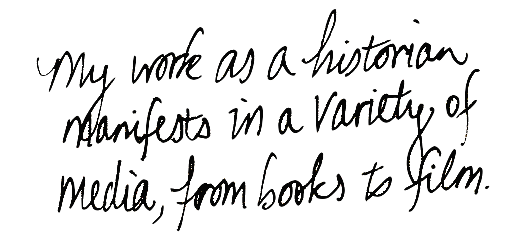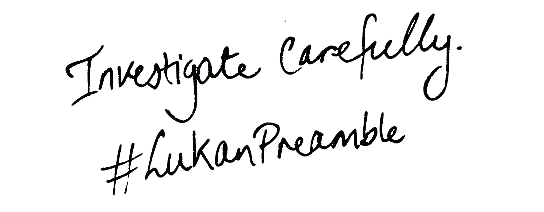Bureaucratizing beauty is not likely a way to safeguard it, however good it may be for companies to be honest with consumers about what they are serving them.
I’m quite a ModCloth styliste, even choosing them as the source of wardrobe for actresses in my Romans XIII project. They are a very genuine and classy company when it comes to style, and I appreciate their honest approach with shoppers. This tastefulness seems to have an inherent public appeal, as evidenced by its well over 1 million likes on Facebook.

“Luck Be A Lady” dress in red, one of my favorites from ModCloth, on actress Stacey Bradshaw in a scene from Romans XIII. Photography by Abigail Read.
They were the first fashion company to sign the “Heroes Pledge For Advertisers,” which complies with legislation H.R. 4341 introduced by a Republican and two Democrats this year for the following purpose:
To direct the Federal Trade Commission to submit to Congress a report
on the use, in advertising and other media for the promotion of
commercial products, of images that have been altered to materially
change the physical characteristics of the faces and bodies of the
individuals depicted.
ModCloth is on the right track as a company anyway. But federal legislation is too often well-intentioned and ill-performing. The art of photoshopping, properly applied, does not misconstrue the subject’s appearance, but can actually be used to make someone look more like their real 3-dimensional selves than the camera may capture in a particular setting. A temporary blemish might be present, or the lighting might be too harsh, or a distracting shadow might obscure someone’s true eye or hair color, or the white balance might not be quite right. Photoshopping and painted portrait touch up is as old as the relevant arts themselves. If an individual company chooses to demonstrate that they can use modern photography and art tools in a tasteful and honest way and think that a pledge helps communicate this message to consumers, they are welcome to go for it.
But on the level of federal law, will there be routine cases of organizations and individuals complaining that images have illegally “been altered to materially change” depictions of human beings (or even animals) even when actual airbrushing has not taken place? Will countless digital and printed copies of un-retouched photographs and videos side-by-side completed advertisements need to be inspected by a new line of government employees? Will some businesses be fined or taxed for using certain types of image editing software?
When bureaucracy gets involved, you have to be wary. The Crusading Chemist Dr. Harvey Wiley learned all about how innocent law in crooked hands can go terribly wrong.
















